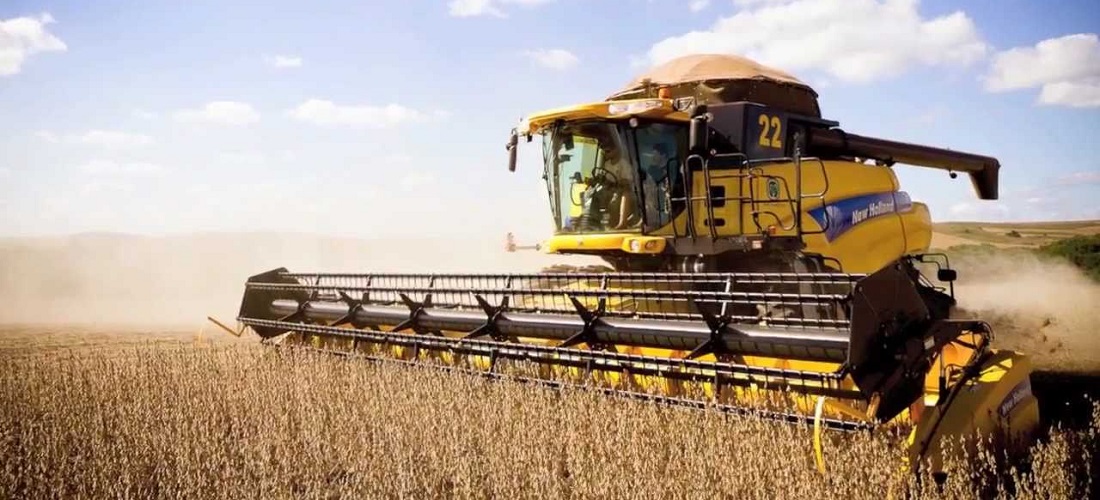
Agribusiness share of total exports falls due to drop in soybean handling
Mar, 04, 2021 Posted by Ruth HollardWeek 202110
Trade balance data released on March 1 indicate that the share of agriculture in Brazilian exports, which was 15% in the first two months of 2020, fell to 12.8% this year. The drop was driven by soybeans, export volumes of which dropped 50% in January and February, compared to the same period last year.
The absence of soy in Brazilian ports caused total agricultural exports to decline to US$ 2.39 billion in the year, 11% less than in the same period in 2020. In values, soy exports decreased by 45%, and imports increased by 122%, according to data from SECEX (Secretariat of Foreign Trade).
The delay in the harvest caused by the late planting made soy scarce in the ports. Beginning now, foreign sales are accelerating.
The sugar segment continues the recovery tested last year and is one of the most dynamic agribusiness products this year. The heated external demand and forecasts of a reduction in the supply of the product in the international market allowed Brazil to place 4 million tons in the foreign market in the first two months, 38% more than in 2020.
Climate problems in competing countries and possible government interference in fuel prices – which would harm ethanol – will boost sugar production this year.
In addition to increasing foreign sales, the exporter is receiving an average of 10% more for the product, according to data from SECEX.
The protein sector, the second largest in the agribusiness balance, also lost steam this year. Beef exports dropped 3%, and poultry exports dropped 1.4%.
External sales of pork are also slowing down this year due to a recovery in the pork industry in China, the world’s largest importer of this protein. Meat prices dropped this year, especially poultry and pork.
Unlike exports, food imports are growing. The evolution in the first two months was 19%, compared to 2020. Wheat, corn, and soy are at the top of the list. After depleting soy stocks and reducing corn stocks, Brazil spent 122% more on foreign oil purchases in the first two months and 150% more on grain imports.
The expansion of Brazilian agriculture forces the country to also increase imports of inputs used in crops. To meet this demand, the fertilizer industries have already brought 5.7 million tons of the product from abroad this year, 50% above the volume from the same period last year. Spending amounts to US$ 1.1 billion.
Imports of pesticides are also growing. The industries placed 50,300 tons of these products in the country in the first two months, 3% more than in 2020.
Source: Folha SP
-
Shipping
Jun, 10, 2019
0
CMA CGM no longer to accept shipments between ECSA and Cagliari
-
Other Cargo
Mar, 15, 2024
0
Brazilian exports of poultry genetic material grow 10.1% in 2024
-
Meat
Dec, 02, 2022
0
Peru, Ecuador declare animal health emergency after bird flu outbreaks
-
Meat
May, 24, 2024
0
Brazil Seeks to Bring Meat Exports to China Up a Notch

